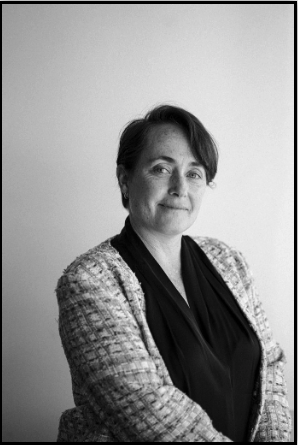Obsessive-Compulsive Disorder (OCD) poses unique challenges for first responders, whose jobs demand precision, order, and quick, clear decision-making. OCD, characterized by unwanted and intrusive thoughts (obsessions) and repetitive behaviors (compulsions), can significantly impact the professional and personal lives of those dedicated to public safety. At After Action, we recognize the need for tailored treatment approaches that address the specific challenges faced by first responders with OCD.
For first responders, the high-stress environment of their work can exacerbate OCD symptoms, leading to increased anxiety and potentially interfering with their duties. The nature of OCD, with its focus on order, cleanliness, or safety checks, can overlap with aspects of first responder work, making it difficult to distinguish between professional diligence and compulsive behavior.
OCD can manifest in various forms, including but not limited to:
Checking: Repeatedly verifying equipment or safety measures beyond what is necessary, driven by anxiety rather than professional protocol.
Contamination: Excessive concern over cleanliness and germs, leading to time-consuming decontamination routines that interfere with job performance.
Order: A need for perfect symmetry or order, which can delay or complicate the execution of emergency responses.
Ruminations: Intrusive and distressing thoughts that can distract from critical tasks or decision-making processes
While the exact causes of OCD remain unclear, a combination of genetic, neurological, and environmental factors are believed to play a role. For first responders, exposure to traumatic events and the constant pressure to perform can act as catalysts, triggering or worsening OCD symptoms.
At After Action, our approach to treating first responders with OCD includes:
Targeted Psychotherapy: Cognitive-Behavioral Therapy (CBT), particularly Exposure and Response Prevention (ERP), is effective in managing OCD symptoms by gradually reducing the anxiety associated with obsessions and decreasing reliance on compulsions.
Medication Management: SSRIs and other medications can provide symptom relief for OCD, carefully managed to avoid any impact on alertness or job performance.
Support and Education: Providing first responders and their families with education about OCD and establishing support networks within the first responder community to share experiences and coping strategies.
After Action is committed to supporting first responders through their battle with OCD, offering treatments that respect the unique demands of their roles while addressing the mental health challenges they face. By creating a safe, understanding environment, we aim to empower first responders to manage their OCD effectively, ensuring they can continue their crucial work in our communities.
For first responders experiencing OCD, reaching out for help is a critical first step toward regaining control and maintaining your professional and personal life. After Action is here to provide specialized, compassionate care tailored to your needs. With the right support and treatment, managing OCD and continuing your service is entirely possible. Contact us today to learn more about our OCD treatment options and take the first step towards recovery.
